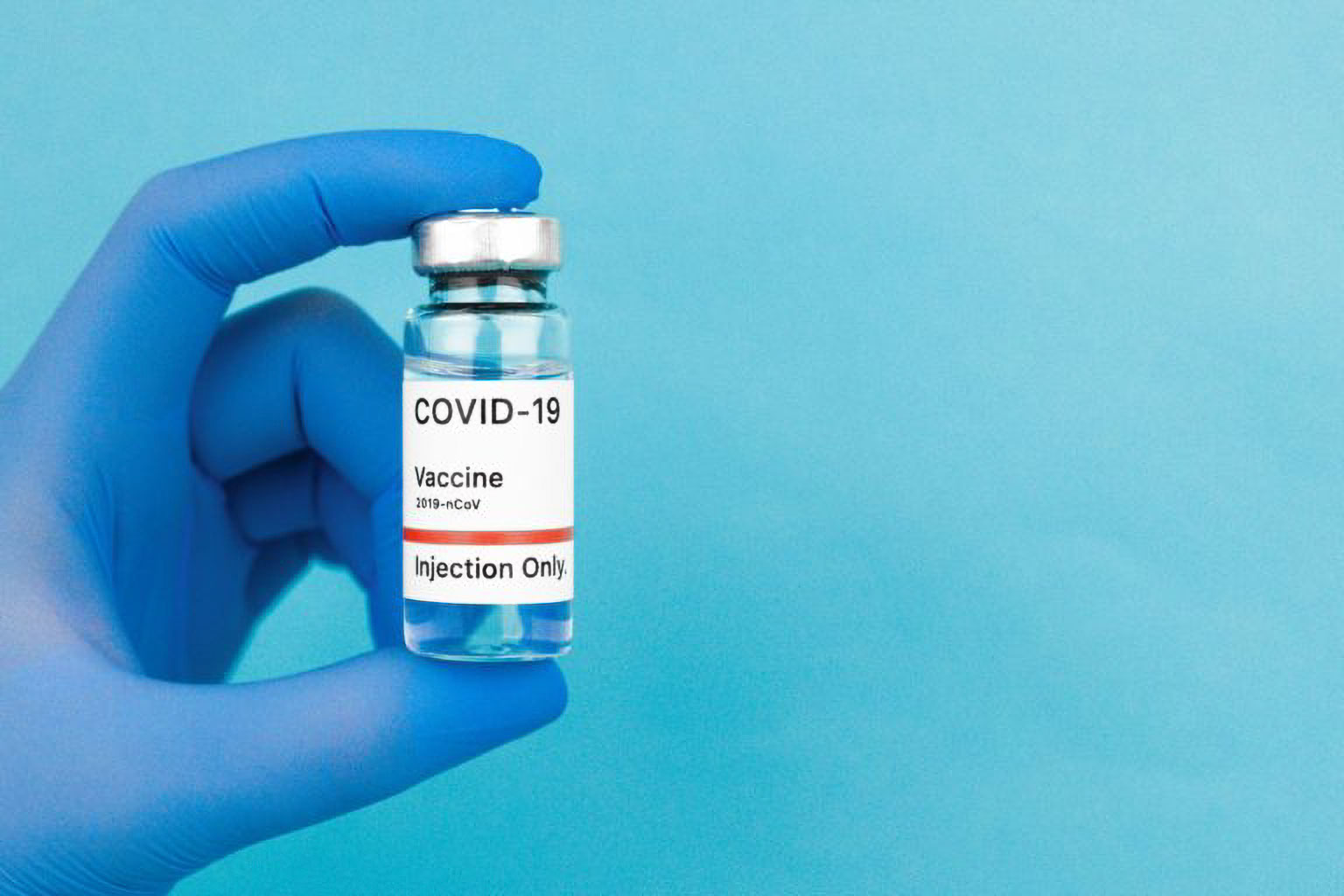I talk a lot about the importance of “managing stakeholder cares.” It’s important to remember that this isn’t just some abstract, conceptual idea. Managing stakeholder cares means making tough, real-life, decisions, nearly every day that affect real people.
The pandemic has made this even more pronounced.
This came to my mind when reading a recent article in the Economist about “how companies should handle vaccines.” It was the great and relevant example of what it really means to balance stakeholder cares, when apparent trade-offs seem to be everywhere.
You’ve got to register for the Economist to view the full article—in case you haven’t got time for that, here are a few examples of the conundrums raised in the piece:
- What happens when customers demand that employees receive a vaccine? Especially if those same customers do not wish to get vaccinated themselves?
- How about employees who do not wish to receive a vaccine? What if it goes against their religious principles? Is it on the employer to find “safe roles” that the employee can partake in? What is the obligation to the customer in terms of informing about unvaccinated staff?
- What about when staff cannot get the vaccine, say, if a staff member is pregnant? In the article’s words, “do companies have a duty of care to protect such employees from colleagues who have refused to take the jab on principle”?
As in all examples of stakeholder trade-offs, there are (rarely) “right” answers to stakeholder tensions. The “right” course is to deeply acknowledge the cares and values—say, quality, service, integrity—and seek a way of addressing all of those cares, without giving every stakeholder exactly what they want.
Where are you seeing stakeholder trade-offs come up as of late?
We would love to hear from you.


